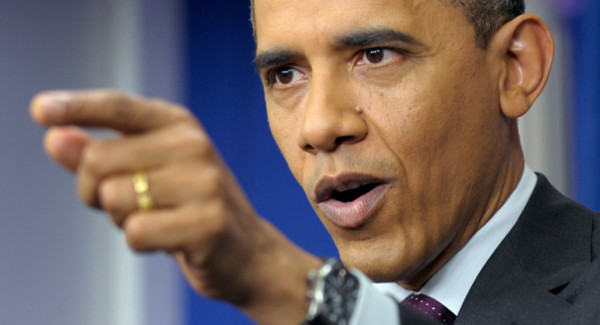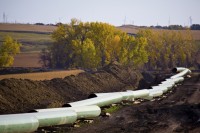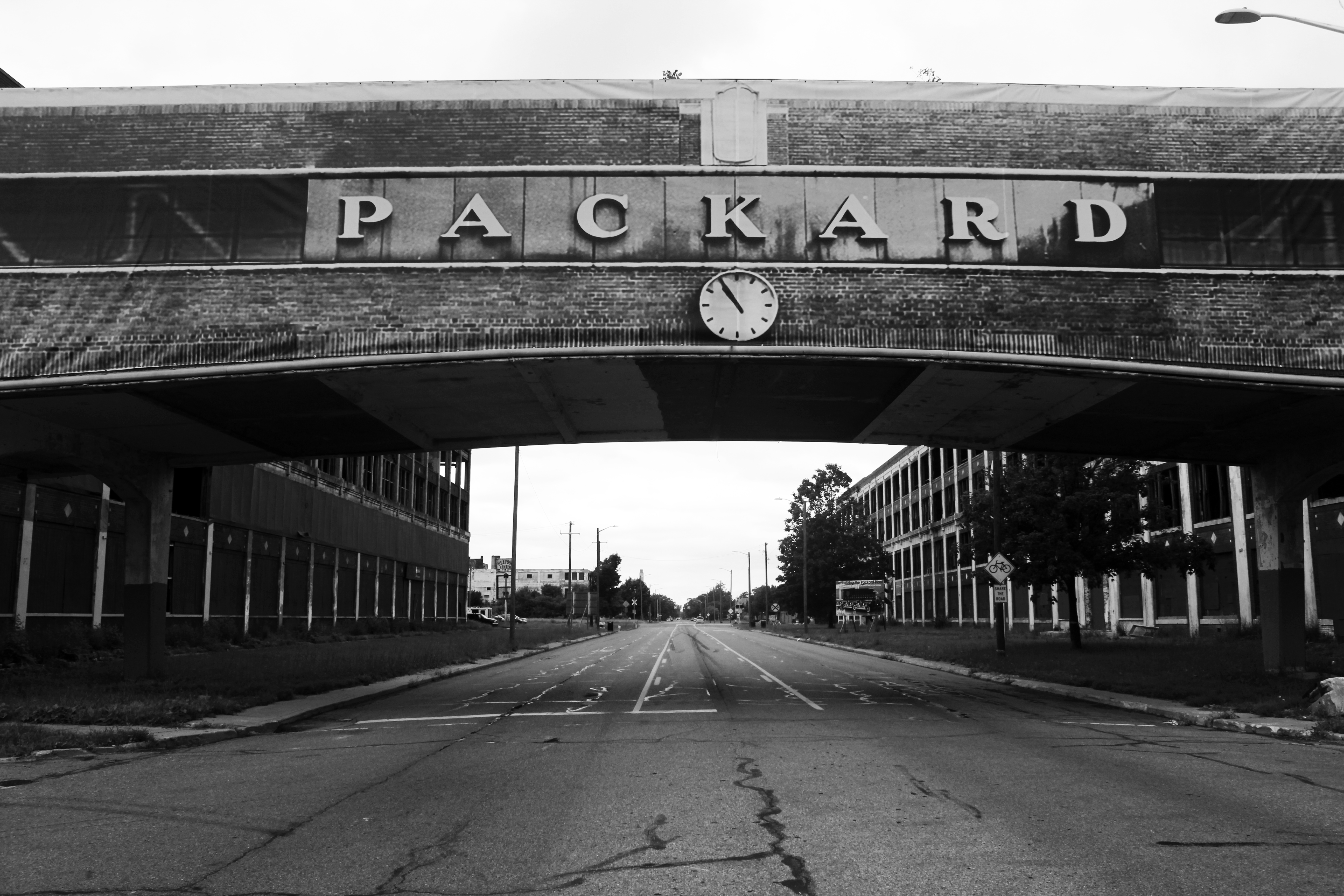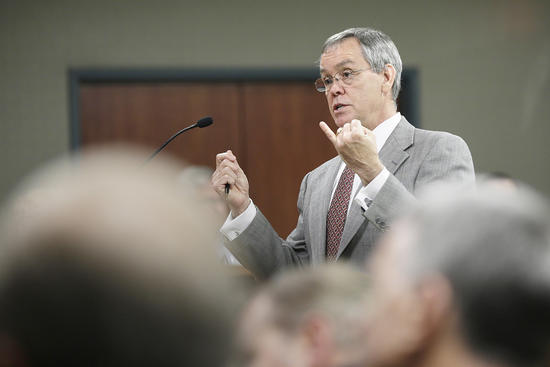
Looks like the State Dept. was right. In the controversy over permitting the KeystoneXL pipeline, the State Dept. gave preliminary approval, the EPA disagreed and now it’s Obama’s call.
The EPA argued specifically about the dangers of the dense tar sands oil pipeline crossing waterways and cited the spills in Kalamzoo, MI, and Mayflower, Arkansas Further, they pointed out that the oil is a dirty burn, the science was inconclusive and the consequences to severe to permit the pipeline.
The State Dept. argued that if there is a willing market, and a cheap supply of tar sands oil, the oil would find its way to market, be refined and eventually burned. Denying approval would not reduce GHGs, only force a different delivery method for the oil. Behold Trans Canada’s Energy East pipeline that will link the tar sands in Alberta with the refineries in St. John, Brunswick. Improvements to the deepwater port are planned as well.
This is not an end run. It is a global free market at work in the absence of a global compact about how we regulate green house gasses. The answer is not to stomp our feet at the Canadians for refusing to manage their resources the way that we think they should, the answer is for the U.S. Congress to show some leadership, bring the main players to the table and use its influence to create a global compact to manage greenhouse gas emissions.
Scott Sines
 The Obama administration has long touted investments in infrastructure as job creators and good investments. He’s mostly he’s talked about roads, bridges, wireless networks, etc. However, a key component in any discussion about infrastructure has to be how we transport crude oil, gas, and bitumen (tar sands oil) from its origins to refineries.
The Obama administration has long touted investments in infrastructure as job creators and good investments. He’s mostly he’s talked about roads, bridges, wireless networks, etc. However, a key component in any discussion about infrastructure has to be how we transport crude oil, gas, and bitumen (tar sands oil) from its origins to refineries.
On that topic his own cabinet is divided. The State Department and the EPA are clearly at odds over approval of the Keystone XL pipeline.
The State Dept. says that tar sands oil will eventually reach the market and be consumed whether by rail or pipeline, so approval of the Keystone is a moot point as it relates to the environment. The oil will get to market and be burned no matter what the transport method.
The EPA disagrees and is calling for more studies of pipeline routes and potential damage coming from spills into waterways as has happened recently in Kalamzoo, Michigan, and Mayflower, Arkansas.
It’s a big deal because the standoff between the agencies puts the decision in Obama’s hands. He now gets to decide between infrastructure investment and potential environmental damage.
In an article in the New York Times this week he said (near the bottom of the interview) … ”I meant what I said; I’m going to evaluate this based on whether or not this is going to significantly contribute to carbon in our atmosphere. And there is no doubt that Canada at the source in those tar sands could potentially be doing more to mitigate carbon release.”
Scott Sines















